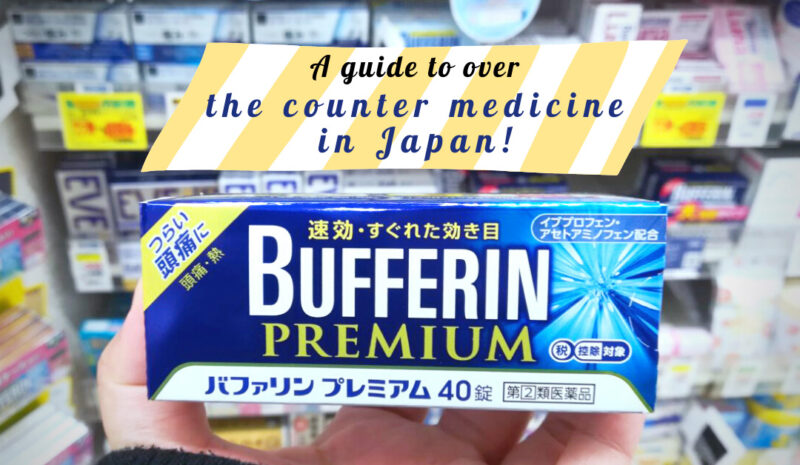A guide to garbage disposal in Japan
Apr 12, 2020
A guide to garbage disposal in Japan
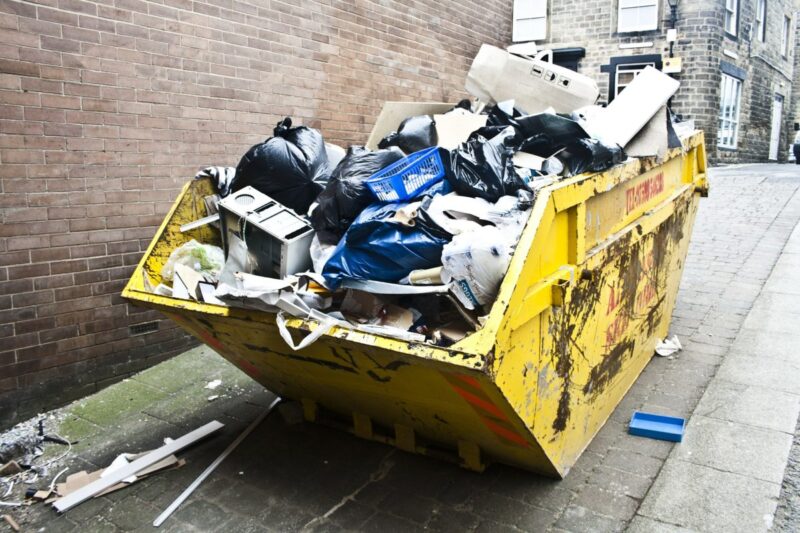
Japan is known as one of the cleanest countries in this world, and when you take a walk in Japan, you might notice that there aren’t many trash cans there.
But once you find one of those rare public trash cans, you’ll usually see them grouped together, and each trash can is designated for different kinds of garbage.
Japanese sort their garbage, and they expect you to also sort your garbage too.
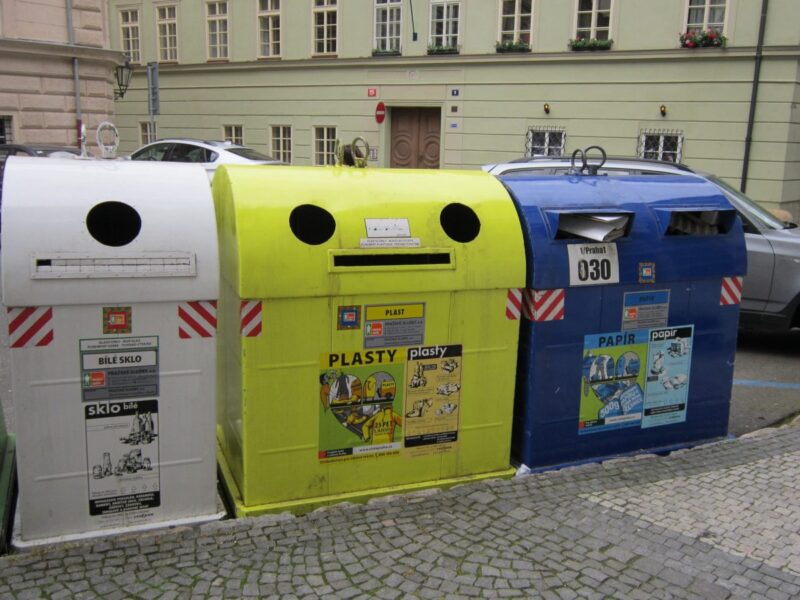
The garbage disposal rules in Japan can be both simple and complicated at the same time, because each prefecture has different rules for garbage disposal.
Today we will introduce the basic rules of garbage disposal in Japan, which can be useful for you, especially if you’ll stay in Airbnb facilities during your vacation in Japan.
Sort it out!
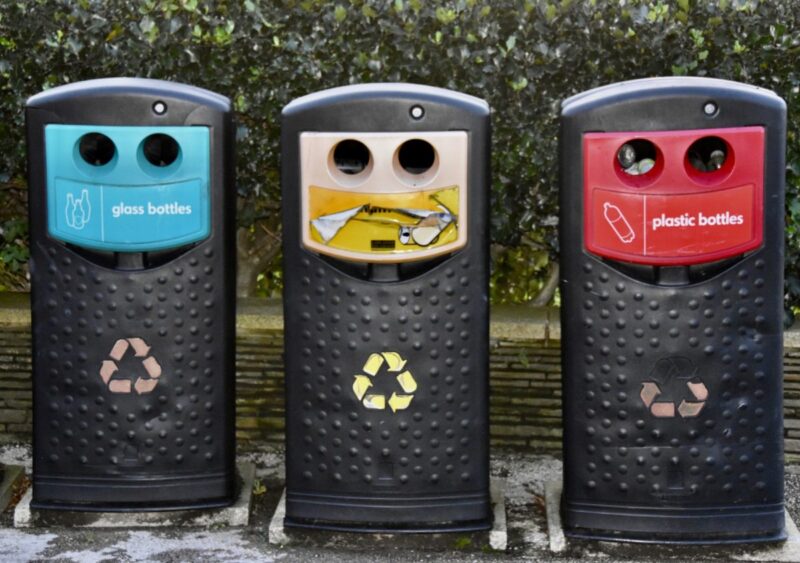
There are five basic types of garbage in Japan, so we strongly recommend separating your garbage into these categories as you finish with them.
The categories are
・Moeru gomi (燃えるゴミ, combustible garbage), which includes paper, food wrappings and boxes, food waste, peelings, etc.
・Moenai gomi (燃えないゴミ, incombustible garbage), which includes glass, metal items, etc.
・Pura or plastic garbage, which includes food containers, bottle caps, plastic wrap, non-PET plastic bottles (non-recyclable plastic bottles), etc.
・Polyethylene terephthalate (PET) bottles (recyclable plastic bottles). Don’t forget to wash the bottles if there are some leftovers or stains.
・Cardboards
The five categories above maybe further divided into smaller groups, but as long as you sort them into these five categories, then you will be okay.
Follow the schedule!
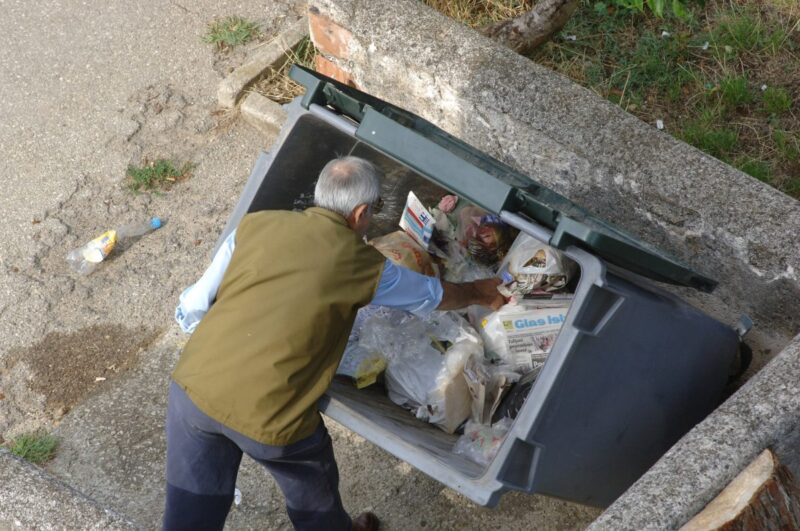
Each town has different garbage disposal rules and schedules. Make sure to follow the right schedule when taking out your garbage.
Combustibles are usually collected 3 times a week, and once a week, or sometimes once every 2 weeks for other types.
The guide and schedule for garbage disposal can be obtained from the city hall. If you live in an Airbnb facility, usually you’ll find a guide for garbage disposal summarized and written in English, provided by the facility owner.
Why the rules are so strict?
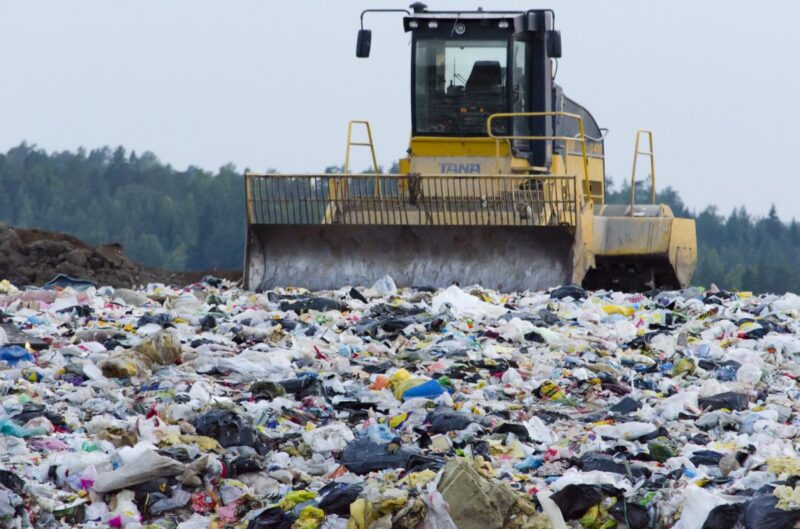
Japan doesn’t have enough land to bury all the garbage produced by its citizens.
Apparently, each person in Japan produces around 360 kg of garbage per year and as a whole, Japan produces around 47 million tons of garbage per year, and this amount can sink the country easily.
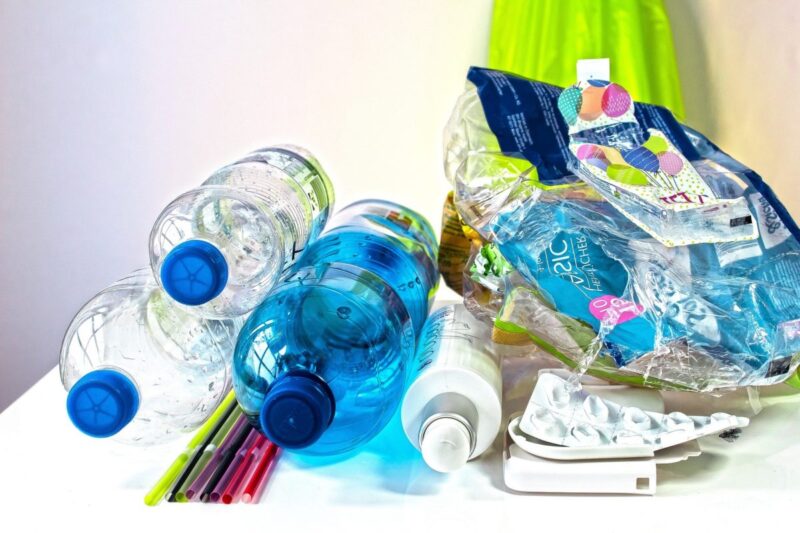
To solve the garbage issues, Japan processes the combustibles and incombustibles garbage using its high-technology waste management system, and recycles PET bottles, cardboards, and plastic to a fiber that can be used for clothes, bags, carpets, and raincoats.
Make sure to follow the basic rules for garbage disposal when staying in Japan!
